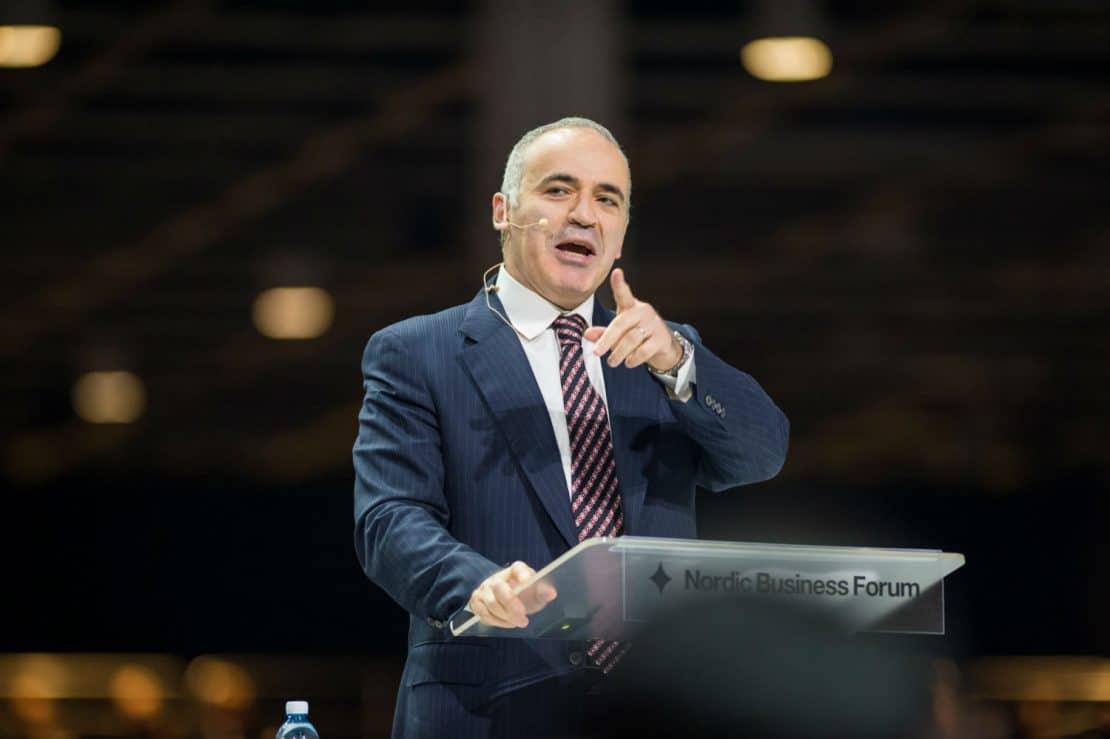2Oct2015
Ben Bernanke’s key insights from studying the Great Depression (and the Nobel-prize winning economist Milton Friedman) are these: keep money flowing and keep the banks alive. Never let the monetary supply or the financial system collapse in a crisis.
The week in September 2008 before the crash there was a strong opinion in the media for letting key financial firms fail. According to Bernanke, letting AIG fail would have frozen up the economy. He had to explain this to president Bush and Congress. Congress did not give political approval, so Bernanke felt “rather alone” with the 85 billion bailout package.
In the end, the Fed made all the money back, and has made a profit of half a trillion dollars on the lending.
According to Bernanke, the background causes of the crisis were known, but the speed at which the risks were realized and how things triggered more problems came as a surprise. It was “a perfect storm of things coming together”, which Bernanke hopes is now prevented by new measures and regulatory reform.
The capital requirements of banks have been increased, and banks are systematically stress-tested. Supervision is tighter, with better powers to handle big financial actors on the brink of collapse. “We are meaningfully stronger than before the crisis,” says Bernanke.
The present world economy is in a “normal state” according to Bernanke: in a crisis, countries go up and down together – now we see “lots of different stories for different countries”. For instance China is trying to make a transition from a top-down, industrial-driven economy to a bottom-up market-driven one. This makes many connected economies understandably anxious.
Bernanke says that historically depressions usually generate political extremism as a reaction – the Tea Party in the US and different kinds of right wing populism in Europe. Protectionism and nationalism are typical elements of this reaction. At the same time, governments are trying to “find the new center” to counter these reactions.
Europe has been slower to recover from the crisis that the US, partly because of previous austerity. US production is already clearly above its pre-crisis level, whereas Europe has yet to close the gap. Bernanke is an advocate of experimenting with different solutions in different countries, as the US does among its states. On the other hand, he recommends stronger coordination for European fiscal policy.


